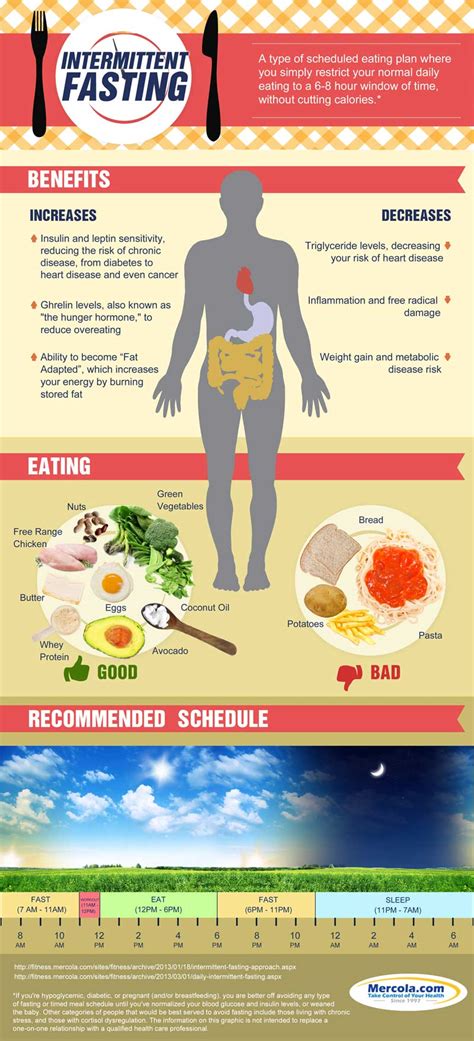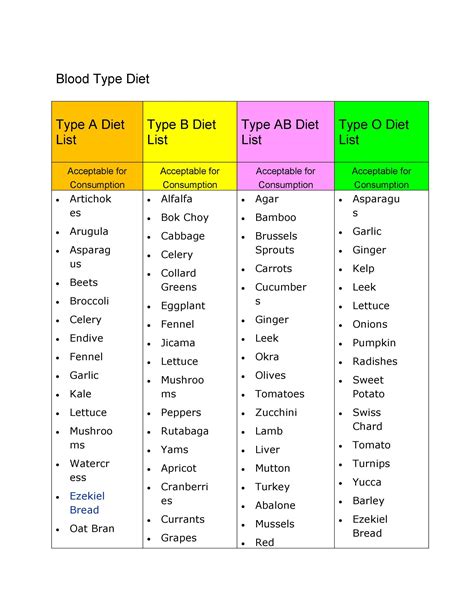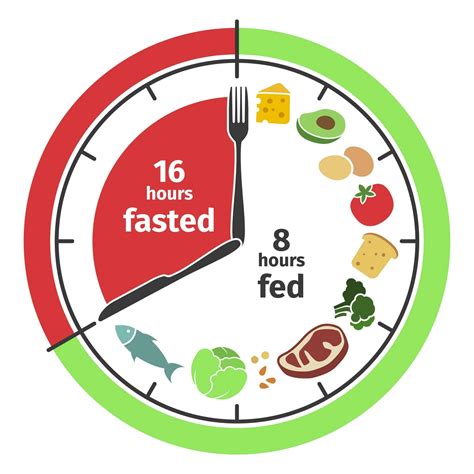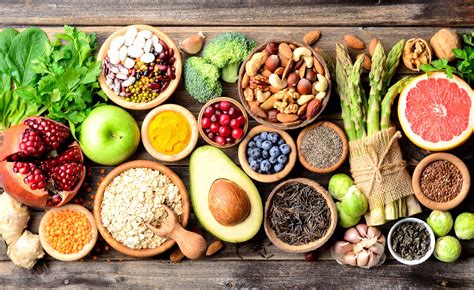Discover the benefits and different approaches to intermittent fasting. Learn how to create a meal plan and get tips for success. Perfect for beginners!
Understanding Intermittent Fasting
Contents
Intermittent fasting is a dietary approach that involves cycling between periods of eating and fasting. It is not a diet in the traditional sense, as it does not specify which foods to eat, but rather focuses on when to eat them. During the fasting periods, no food or calorie-containing beverages are consumed, although water, tea, and coffee are typically allowed.
This approach to eating has gained popularity in recent years, and many people are drawn to it because of its potential health benefits. Some of the proposed benefits of intermittent fasting include weight loss, improved metabolic health, and reduced inflammation. It may also offer protection against certain chronic diseases, such as heart disease and type 2 diabetes.
There are several different methods of intermittent fasting, including the popular 16/8 method, where individuals fast for 16 hours and eat all their meals within an 8-hour window. Another approach is the 5:2 diet, which involves eating normally for five days a week and restricting calorie intake on the other two days.
While intermittent fasting may offer health benefits for some individuals, it is not suitable for everyone. It is important to consult with a healthcare professional before beginning any new dietary regimen, especially if you have a history of eating disorders or other medical conditions.
Benefits of Intermittent Fasting
Intermittent fasting has gained popularity in recent years for its numerous health benefits. One of the main benefits of intermittent fasting is weight loss. By restricting the time window in which you can eat, you naturally consume fewer calories, leading to weight loss over time. Additionally, when your body is in a fasted state, it starts to burn fat for energy, further aiding in weight loss.
Another benefit of intermittent fasting is improved metabolic health. Studies have shown that intermittent fasting can help regulate blood sugar levels, reduce inflammation, and improve heart health. By giving your body a break from constant food consumption, you can help improve your overall metabolic health.
Furthermore, intermittent fasting has been linked to increased longevity. Some studies have shown that intermittent fasting can improve lifespan in animal models, and while more research is needed in humans, there is promising evidence that intermittent fasting could help us live longer, healthier lives.
Other benefits of intermittent fasting include improved brain function, reduced risk of chronic disease, and improved energy levels. It’s clear that intermittent fasting offers a wide range of health benefits that make it worth considering as part of a healthy lifestyle.
Different Approaches to Intermittent Fasting
Intermittent fasting has gained popularity in the health and wellness community as a way to improve overall health and promote weight loss. There are several different approaches to intermittent fasting, each with its own unique benefits and potential drawbacks. Finding the right approach for you can be key to successfully integrating intermittent fasting into your lifestyle.
One common approach to intermittent fasting is the 16/8 method, which involves fasting for 16 hours each day and restricting eating to an 8-hour window. This approach can be relatively easy to incorporate into your daily routine, as it often just involves skipping breakfast and eating an early dinner. Another approach is the 5:2 method, which involves eating normally for five days of the week and restricting caloric intake to 500-600 calories on the other two days. This approach may be more challenging for some people, but it can be effective for weight loss and improving metabolic health.
Alternatively, the eat-stop-eat method involves fasting for 24 hours once or twice a week. This can be a more intense form of fasting, but some people find it easier to stick to longer periods of fasting rather than daily restrictions. The warrior diet is another approach to intermittent fasting, where individuals fast for 20 hours each day and eat one large meal at night. This can be an extreme form of fasting, but it may work well for some people and has been linked to reduced inflammation and improved metabolic health.
Regardless of the approach to intermittent fasting, it’s important to listen to your body and find what works best for you. It may take some trial and error to find the right method, but incorporating intermittent fasting into your lifestyle can have significant health benefits.
Creating a Meal Plan for Intermittent Fasting
When it comes to intermittent fasting, planning your meals is crucial for success. The key is to ensure that you are fueling your body with the right nutrients during your eating window. One approach to meal planning for intermittent fasting is to focus on nutrient-dense, whole foods. This means incorporating plenty of fruits, vegetables, lean proteins, and healthy fats into your meals.
Another important factor to consider when creating a meal plan for intermittent fasting is to pay attention to your eating window. If you are following a 16/8 fasting schedule, for example, you will want to plan your meals accordingly. This may involve having a substantial meal to break your fast, followed by a smaller meal or snack later in the eating window.
It can also be helpful to incorporate intermittent fasting-friendly recipes into your meal plan. This might include dishes that are high in protein and fiber to keep you feeling full and satisfied throughout your fasting period. Additionally, meal prepping can be a great way to stay on track with your meal plan and avoid making unhealthy food choices during your fasting period.
Lastly, it’s important to listen to your body and adjust your meal plan as needed. If you find that you are feeling fatigued or not getting enough nutrients during your eating window, consider modifying your meal plan to better suit your needs. By being mindful of your body’s needs and fueling it with the right foods, you can optimize the benefits of intermittent fasting.
Tips for Success with Intermittent Fasting
Intermittent fasting can be a challenging but rewarding dietary approach. Here are some tips to help you succeed with intermittent fasting:
Stay Consistent: Consistency is key when it comes to intermittent fasting. Try to stick to the same eating and fasting schedule every day to see the best results.
Stay Hydrated: It’s important to stay hydrated, especially during fasting periods. Drink plenty of water, herbal teas, and other non-caloric beverages to help curb hunger and stay energized.
Choose Nutrient-Dense Foods: When you do eat, focus on consuming nutrient-dense, whole foods. This will help ensure that you’re getting all the essential vitamins and minerals your body needs during your eating window.
Listen to Your Body: Pay attention to how your body feels during fasting periods. If you’re feeling overly fatigued or dizzy, it may be a sign that you need to adjust your fasting schedule or diet.












